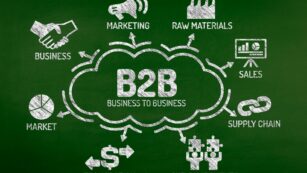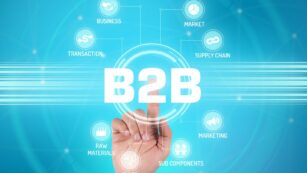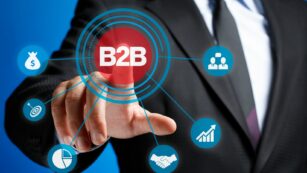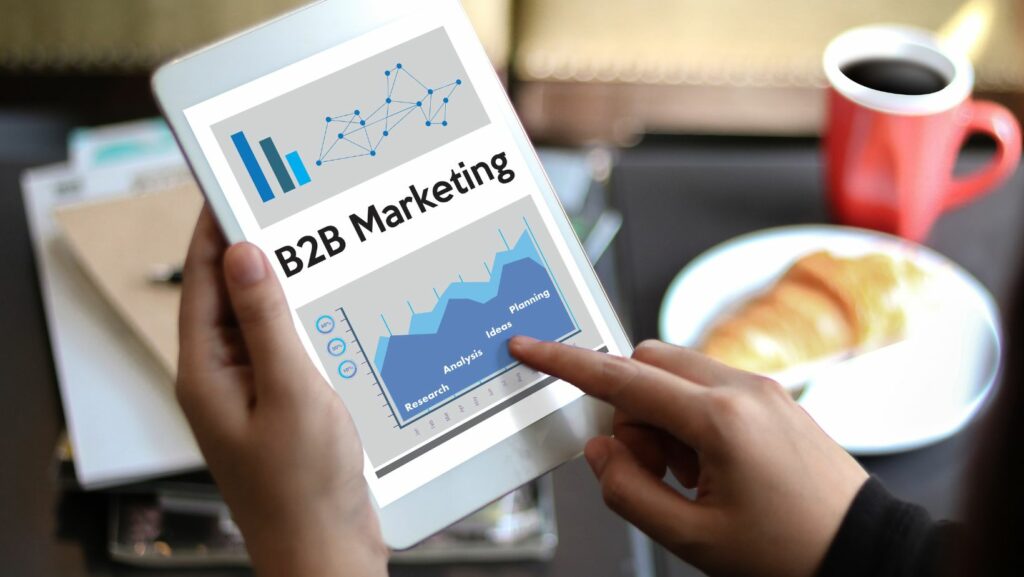As businesses navigate the ever-evolving landscape of B2B marketing, 2023 brings a fresh wave of trends that promise to reshape strategies and drive growth. Companies are increasingly leveraging technology and data-driven insights to connect with their target audiences more effectively. From personalized content to automation, the focus is on creating seamless experiences that resonate with decision-makers.
B2B Marketing Trends 2023
 B2B marketing in 2023 emphasizes the use of technology and data analytics to enhance customer engagement and improve strategies. Companies leverage data-driven insights to target specific audience segments more effectively. This precision leads to personalized content that resonates with decision-makers.
B2B marketing in 2023 emphasizes the use of technology and data analytics to enhance customer engagement and improve strategies. Companies leverage data-driven insights to target specific audience segments more effectively. This precision leads to personalized content that resonates with decision-makers.
Automation plays a pivotal role in streamlining marketing processes. By automating tasks, teams increase efficiency while delivering timely and relevant messages. Tools such as chatbots and email automation systems enhance customer interactions, forging stronger connections.
Artificial intelligence (AI) and machine learning significantly impact B2B marketing strategies. These technologies analyze consumer behavior and preferences, enabling marketers to craft tailored experiences. Marketers adopt AI-driven tools to optimize campaigns and predict trends, facilitating informed decision-making.
Video content gains traction as a vital component of B2B communication. It provides an engaging medium for conveying complex information. Companies use video for product demonstrations, customer testimonials, and educational content, enhancing brand authority.
 A growing emphasis on sustainability influences marketing approaches. Businesses prioritize environmentally responsible practices and communicate their sustainability efforts. Transparency regarding eco-friendly initiatives can attract conscious consumers and foster brand loyalty.
A growing emphasis on sustainability influences marketing approaches. Businesses prioritize environmentally responsible practices and communicate their sustainability efforts. Transparency regarding eco-friendly initiatives can attract conscious consumers and foster brand loyalty.
Account-based marketing (ABM) gains momentum as companies focus on high-value accounts. ABM enables targeted messaging and personalized campaigns for specific organizations. This strategy increases conversion rates and strengthens long-term relationships with key clients.
Social media continues to be a critical platform for B2B engagement. Businesses utilize channels like LinkedIn for networking and brand positioning. Sharing valuable content on social media establishes firms as thought leaders in their industries.
In 2023, flexibility in marketing strategies emerges as essential. Market conditions evolve rapidly, requiring businesses to adapt their approaches accordingly.
Digital Transformation in B2B Marketing
Importance of AI and Automation
 AI and automation play crucial roles in B2B marketing strategies. AI tools allow for predictive analytics, enabling marketers to forecast customer behavior and preferences. Automation streamlines repetitive tasks, such as email campaigns and lead scoring, significantly saving time and resources. According to a report from McKinsey, companies that implement AI and automation experiences up to a 50% boost in productivity. This technology enhances personalization, targeting content to meet specific customer needs while improving conversion rates.
AI and automation play crucial roles in B2B marketing strategies. AI tools allow for predictive analytics, enabling marketers to forecast customer behavior and preferences. Automation streamlines repetitive tasks, such as email campaigns and lead scoring, significantly saving time and resources. According to a report from McKinsey, companies that implement AI and automation experiences up to a 50% boost in productivity. This technology enhances personalization, targeting content to meet specific customer needs while improving conversion rates.
Leveraging Data Analytics
Data analytics is essential for informed decision-making in B2B marketing. Advanced analytics enables businesses to gather insights from customer interactions, identifying trends and preferences. A study by the Data Analytics Association indicates that 67% of B2B marketers consider data-driven strategies vital for achieving marketing goals.
Personalization Strategies
 Personalization remains a critical focus in B2B marketing for 2023. Companies leverage data analytics to understand customer preferences, behaviors, and pain points. This data-driven approach enables marketers to create tailored content that resonates with specific target audiences.
Personalization remains a critical focus in B2B marketing for 2023. Companies leverage data analytics to understand customer preferences, behaviors, and pain points. This data-driven approach enables marketers to create tailored content that resonates with specific target audiences.
Key strategies include:
-
Segmentation: Businesses segment their audiences based on demographics, purchasing behavior, and engagement levels. This allows for more targeted campaigns that speak directly to each segment’s unique needs.
-
Dynamic Content: Marketers utilize dynamic content in emails and landing pages. Dynamic content adjusts based on user interactions and data, ensuring relevance and increasing engagement rates.
-
Account-Based Marketing (ABM): ABM strategies focus on high-value accounts. By crafting personalized messages and campaigns for specific accounts, companies build stronger relationships and facilitate deeper connections with decision-makers.
-
Behavioral Targeting: Tracking user behavior across digital channels provides insights into interests and preferences. This data helps marketers to send timely, relevant offers, enhancing user experience and driving conversions.
-
Personalized Outreach: Customized email outreach enhances engagement. Marketers employ personalized emails that reference the recipient’s name, company, and specific interests to improve open and response rates.
-
Feedback Loops: Incorporating feedback mechanisms into marketing campaigns allows businesses to gather insights directly from customers. Utilizing surveys and interviews helps refine future strategies and enhance personalization efforts.
-
AI Integration: AI technologies enable advanced personalization through predictive analytics. By analyzing vast amounts of data, AI predicts future customer behaviors, allowing for proactive marketing tactics.

